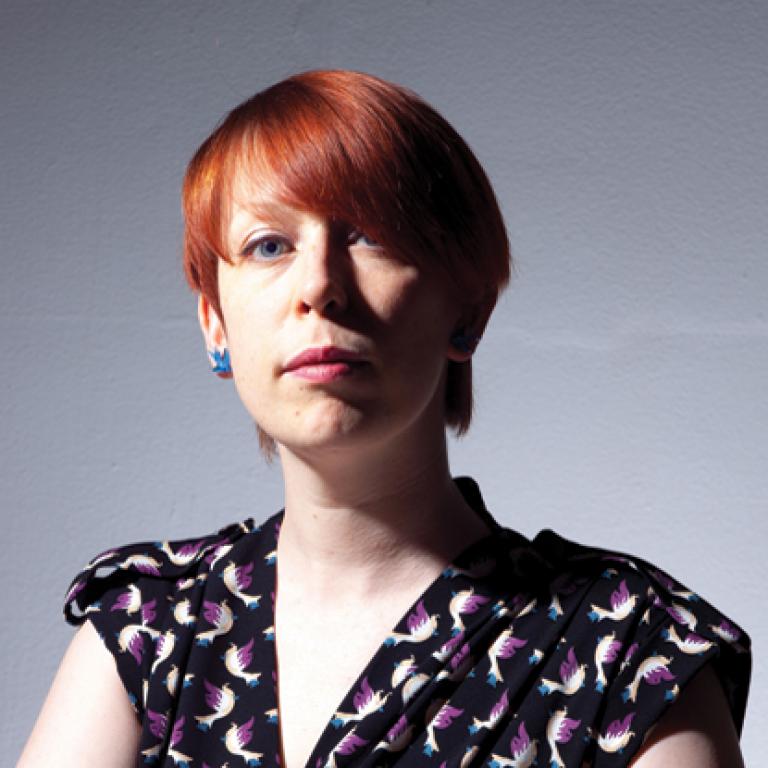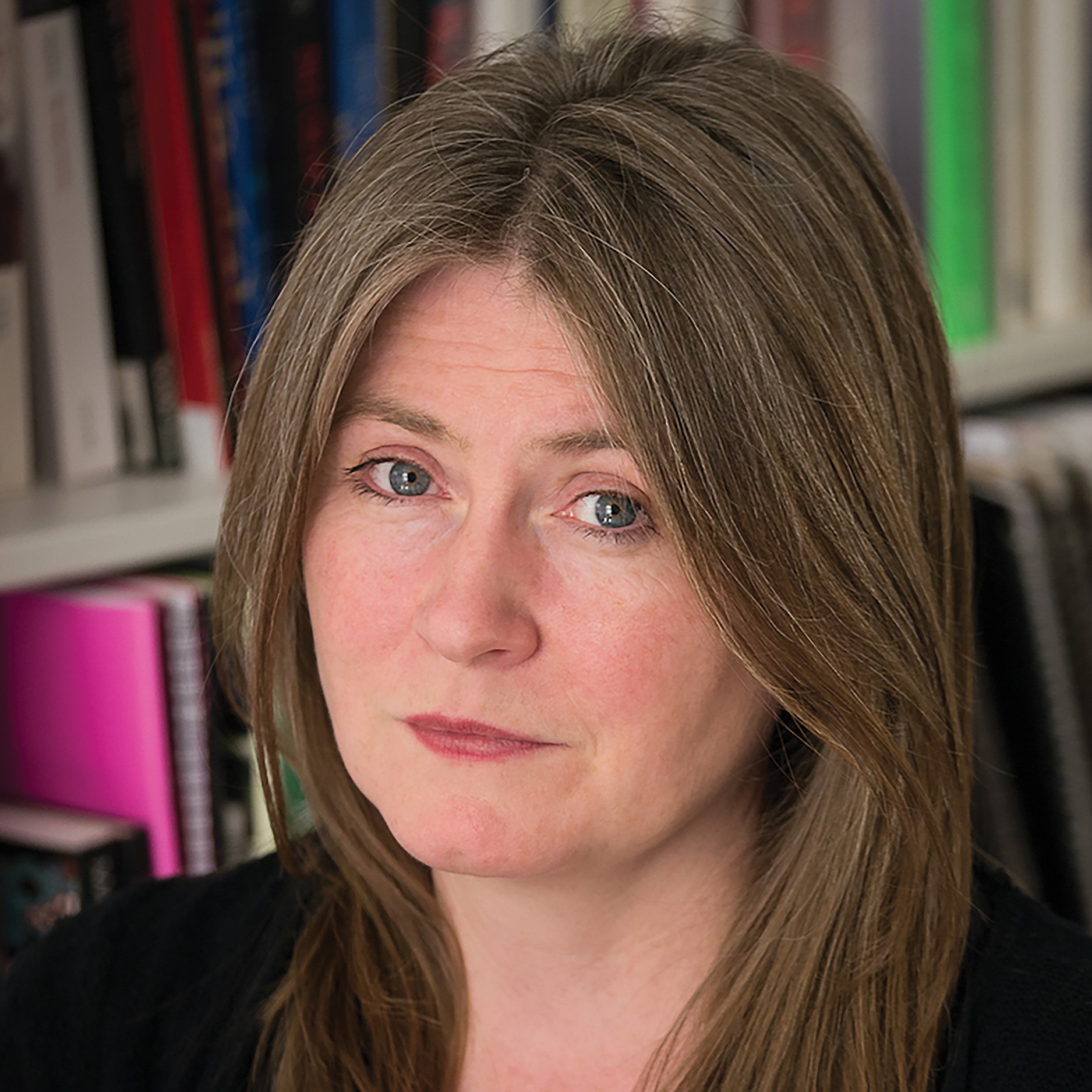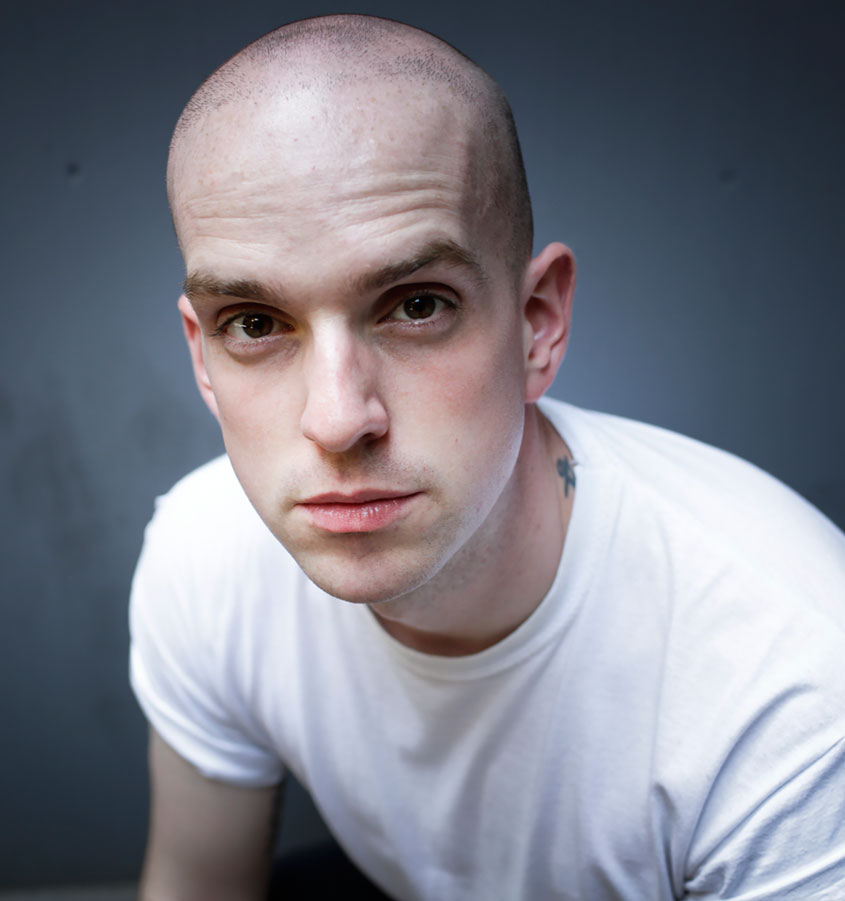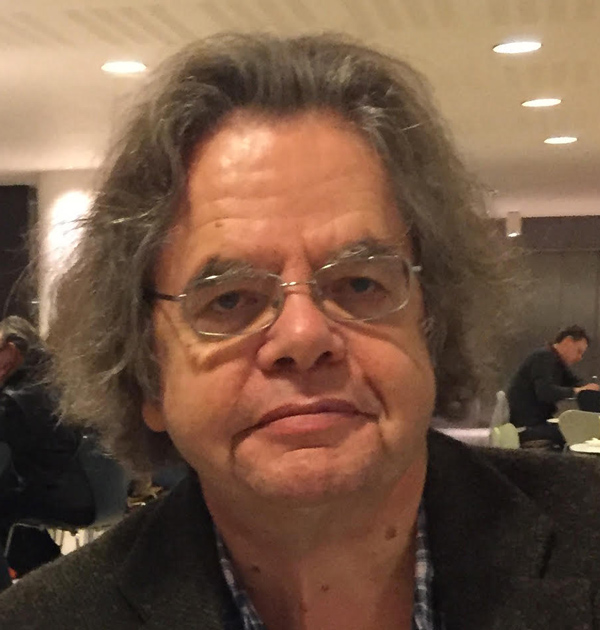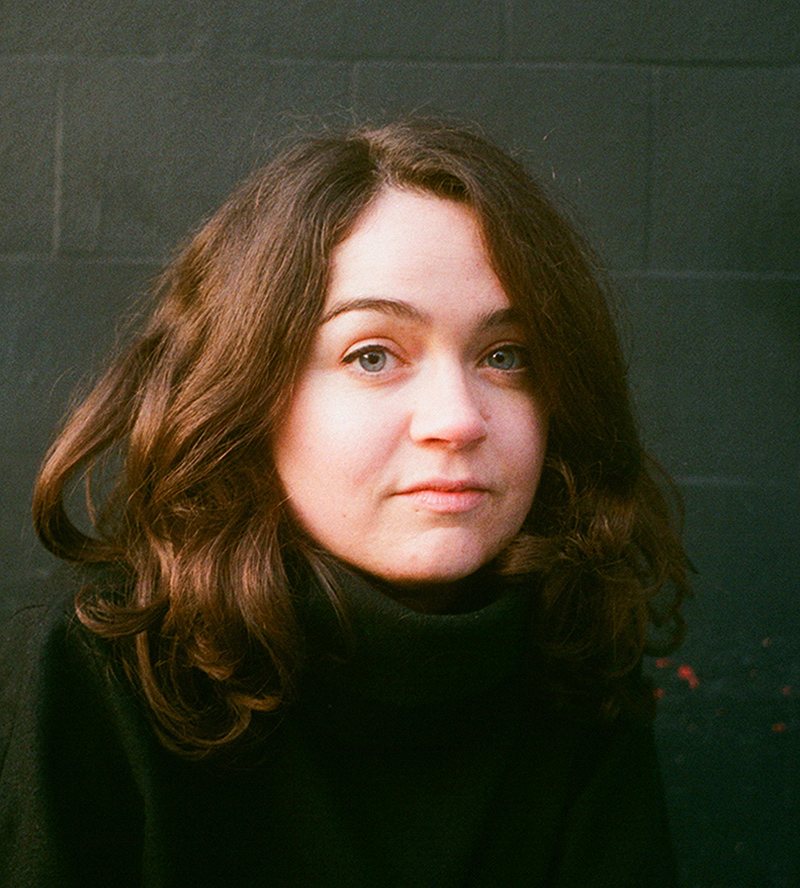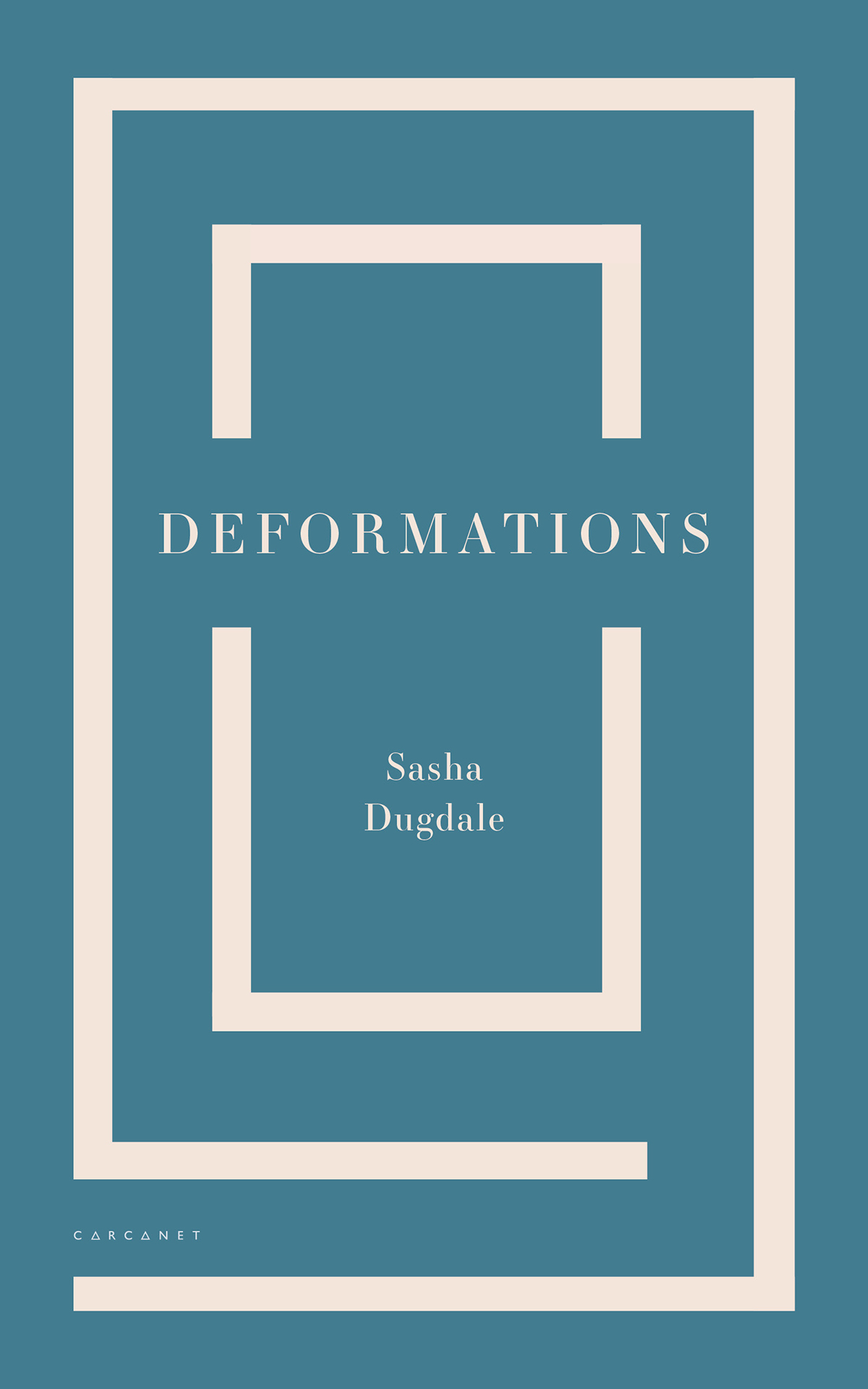T. S. Eliot Prize News
I want the list to be full of surprises for the reader, marked by formal and linguistic intelligence, and by invention which is not the same thing as novelty, says Michael Schmidt Carcanet Press is delighted that Sasha Dugdale has been shortlisted for the T. S. Eliot Prize 2020 for...
Judges Lavinia Greenlaw (Chair), Mona Arshi and Andrew McMillan have chosen the 2020 T. S. Eliot Prize Shortlist from 153 poetry collections submitted by British and Irish publishers. The shortlist comprises work from five men and five women; two Americans; as well as poets of Native American, Chinese Indonesian and...


